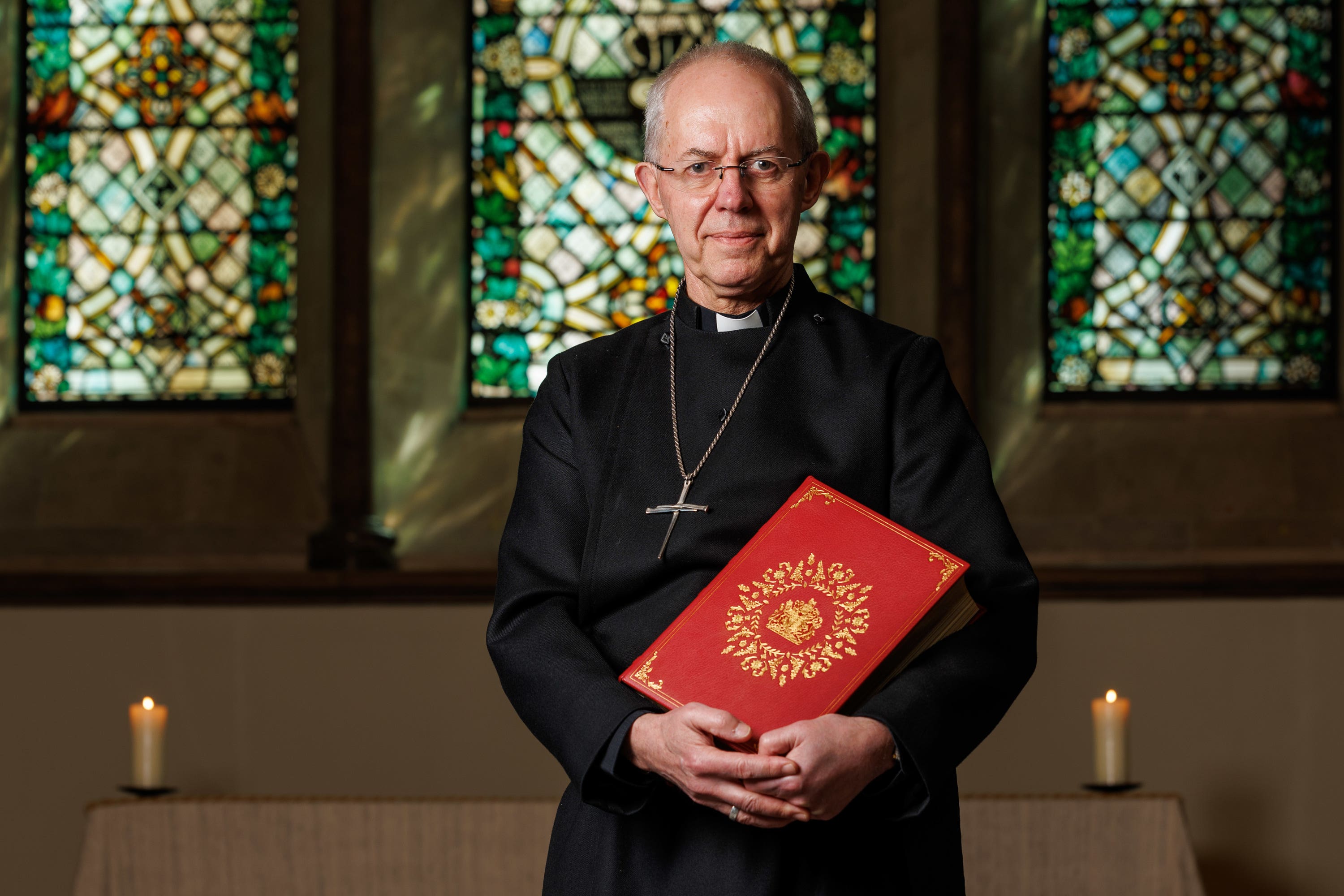Coronation to feature representatives from different faith groups for first time
New ground has been broken in other areas, from the inclusion of female Bishops to the use of Welsh, Scottish Gaelic and Irish Gaelic.

Your support helps us to tell the story
From reproductive rights to climate change to Big Tech, The Independent is on the ground when the story is developing. Whether it's investigating the financials of Elon Musk's pro-Trump PAC or producing our latest documentary, 'The A Word', which shines a light on the American women fighting for reproductive rights, we know how important it is to parse out the facts from the messaging.
At such a critical moment in US history, we need reporters on the ground. Your donation allows us to keep sending journalists to speak to both sides of the story.
The Independent is trusted by Americans across the entire political spectrum. And unlike many other quality news outlets, we choose not to lock Americans out of our reporting and analysis with paywalls. We believe quality journalism should be available to everyone, paid for by those who can afford it.
Your support makes all the difference.Representatives from the nation’s faith communities will play an active role in the coronation of a monarch for the first time in history, Lambeth Palace has announced.
The Archbishop of Canterbury, who will anoint and crown Charles during his coronation, described the service as “foremost an act of Christian worship” but said new elements reflected the “diversity of our contemporary society”.
New ground has been broken in other areas, from the inclusion of female Bishops the first time, to the use of Welsh, Scottish Gaelic and Irish Gaelic languages and the opportunity for those watching around the globe to join in and pay homage to the King.
When Charles is crowned on May 6 at Westminster Abbey, leaders from Jewish, Hindu, Sikh, Muslim and Buddhist groups will deliver a greeting to the King in unison, which he will acknowledge.
They are the Chief Rabbi Sir Ephraim Mirvis, leader of the nation’s Buddhists the Most Venerable Bogoda Seelawimala, prominent Sikh broadcaster Lord Singh of Wimbledon, Hindu representative Radha Mohan das and Muslim Aliya Azam, an Interfaith co-ordinator with the Al-Khoei Foundation.
And when the Regalia is presented to the King; Sikh, Hindu, Muslim and Jewish peers will take part, handing over items which do not have Christian meaning or symbolism.
The move reflects Charles’ deep held belief in promoting unity between different faiths through championing interfaith dialogue and celebrating the major religions practised in the UK.
Speaking seven days before Charles’ crowning, the Archbishop who will deliver a sermon during the service, said: “The Coronation is first and foremost an act of Christian worship.
“The signs, symbols and language we use remind us that our God is the Servant King. By his anointing in this service, His Majesty King Charles III is set apart to fulfil his vocation of service and duty to us all.
“This is the character of kingship today. In this weighty responsibility, the King will be supported by the loyal service of his wife, Queen Camilla.
“I am delighted that the service will recognise and celebrate tradition, speaking to the great history of our nation, our customs, and those who came before us. At the same time, the service contains new elements that reflect the diversity of our contemporary society.
“It is my prayer that all who share in this service, whether they are of faith or no faith, will find ancient wisdom and new hope that brings inspiration and joy.”
Archbishop Welby followed the longstanding tradition of commissioning new coronation liturgy – the prayers and actions of the coronation service – which has the theme “Called to Serve”.
The senior cleric chaired an advisory group of theology, constitutional history and inter-faith relationships experts to draft the service, produced in close consultation with the King and the Government.
Another first will see a “homage of the people” replace the homage of peers, with an estimated global television audience of tens of millions invited to make their own homage by sharing in the same words.
A Lambeth Palace spokesperson said they hoped there would be “a great cry around the nation and around the world in support for the King”.
Before the King takes the oath, making a succession of promises including to “maintain in the United Kingdom the Protestant Reformed Religion established by law”, the Archbishop will deliver a preface to Charles’s declaration – another first.
The senior cleric will tell the congregation that the Church of England, which is headed by the King, will seek to foster an environment where “people of all faiths and beliefs may live freely” – echoing the words of the late Queen and Charles.
During the ceremony, Charles will be declared “Defender of the Faith” by Archbishop Welby, after once speaking of his desire to become “Defender of Faith”.
Camilla will also be crowned during the service that will see the King and his wife receive communion wine and bread but, when she is anointed, the Queen Consort will not be shielded by a canopy like her predecessor, the Queen Mother, during George VI’s 1937 Coronation.
Charles will embody the “Called to Serve” theme when, in another new element, he is greeted by 14-year-old Samuel Strachan, the longest-serving chorister of the choir of the Chapel Royal, St James’s Palace.
The chorister, who attends the City of London School, will welcome the monarch in the name of the “King of Kings” – a reference to Jesus Christ – and Charles will reply: “In his name, and after his example, I come not to be served, but to serve.”
Another unique moment in the history of coronations will see the King pray aloud in the Abbey, reading words written for the occasion that reflect the duty and privilege of the sovereign to serve all communities.